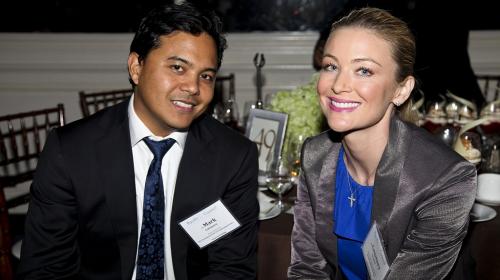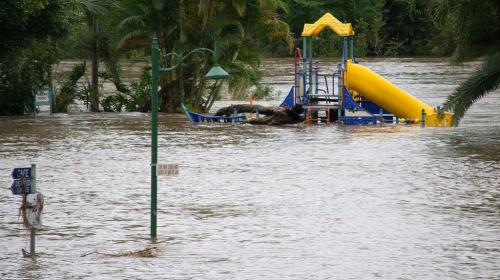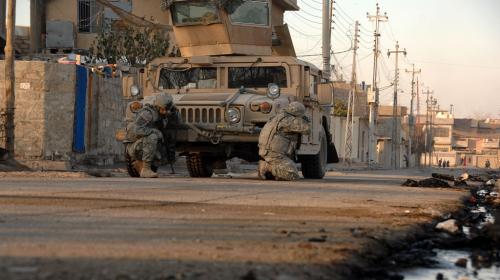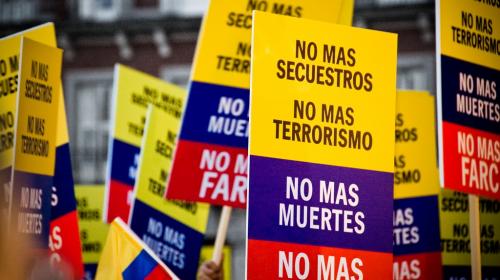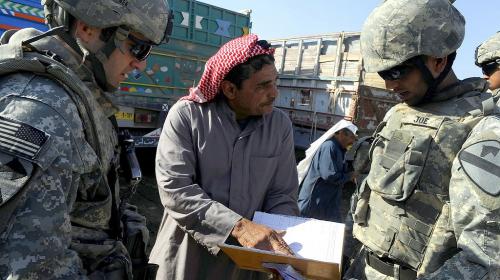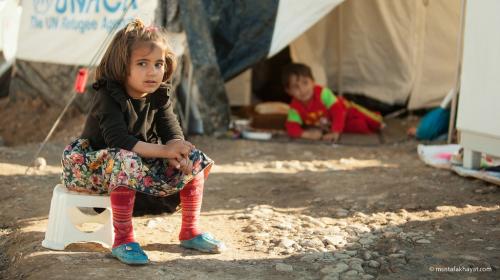Elise Buik announces the theme for our 2016 Annual Giving season: Pay It Forward. This campaign supports an organization-wide effort to bring new, diverse voices into our international affairs work.
Following a year-long stint as a U.S. diplomat in southern Iraq, Dr. Mieczyslaw Boduszynski argues that Washington needs to accept the reality of Iranian influence in Iraq while increasing its post-ISIL engagement with Iraqis through technology, investment, and higher education.
This week, carbon emissions from human activities have driven significant changes to the climate in Australia; the United States abstains from a UN resolution condemning the embargo against Cuba for the first time; Gambia becomes the third country to leave the International Criminal Court; and more.
This week, the battle to retake Mosul gets underway; India hosts the 8th BRICS Summit and shuns Pakistan; Burundi and South Africa quit the International Criminal Court; and more.
This week, Colombians reject a peace deal between the government and FARC rebels; protests in Poland force the government to drop a controversial anti-abortion bill; European countries consider sanctions against Russia over Aleppo violence; and more.
Ahead of our Members Weekend discussion on fighting asymmetric foes, Steve Miska discusses how to cement foreign policy gains by protecting U.S. soft networks in conflict zones.
Ahead of our Members Weekend discussion on trade and wealth inequality, Vijaya Ramachandran argues more needs to be done to tackle the problem of trade-related job losses.
Ahead of our Members Weekend discussion on trade and wealth inequality, Jesse Medlong argues that globalization's winners must do more to address wage earners' insecurity.
This week, an additional 600 U.S. troops will assist Iraqi forces in retaking Mosul from ISIL; an international court will oversee negotiations between Australia and East Timor regarding ownership of a large undersea gas and oil field; the United States will soon deploy an anti-missile system to South Korea; and more.
Ehsan Zaffar refutes the notion that refugees threaten U.S. national security, and calls on the United States and global community to do more to help solve this burgeoning crisis.


